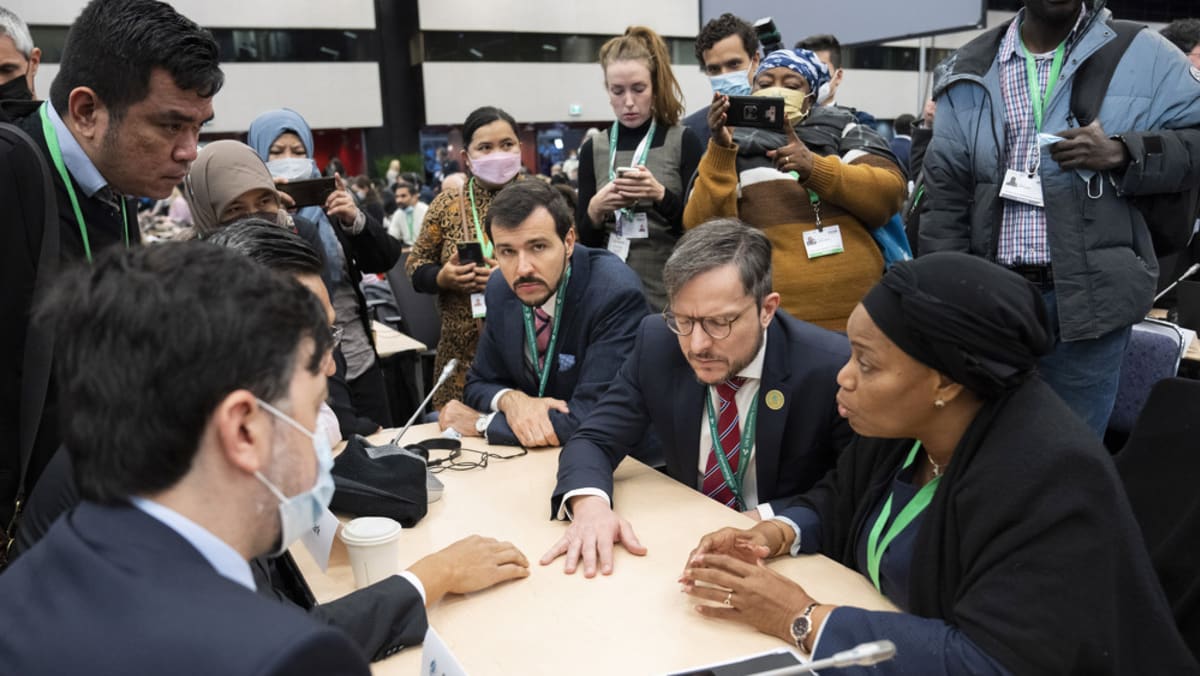‘We could do better’: Experts ‘guardedly optimistic’ about historic COP15 deal
He added that as one of the world’s largest economies, China has a key role in adopting more sustainable practices in its manufacturing and its energy supply, which will go a long way towards conserving biodiversity.
“China can really set the global example for those countries with emerging economies. That will be crucial if we are to both conserve our flora and fauna, and reduce climate change by the middle of this century,” he said.
Dr Lum said that Singapore can also play a role, given that there is a lot at stake and the need for regional cooperation.
“If you look at Singapore and all the capacity it has, whether in technology, education, finance, communication, in all these different areas, I think Singapore could really be a hub, working with regional governments,” he said.
“If you think about what Southeast Asia has – the world’s richest coral reefs, wetlands, mangroves, peatlands, all of these things that not only have biodiversity but are so important for regulating the planet and providing livelihoods for hundreds of millions of people.”
LOOKING AHEAD
While the previous targets from COP10 were not achieved by the 2020 deadline, Prof Pittock noted that there was “a lot of progress”.
For instance, the area of land-based habitats protected increased to 15 per cent of the planet’s area, just shy of the 17 per cent target. He expects more progress under the current framework.
“With the added urgency to conserve biodiversity with the co-benefits in reducing greenhouse gas pollution, with the greater cooperation that we’re now seeing between China, who held the presidency for this conference, and developed countries, I’m hopeful that we will make a lot of progress between now and 2030,” he said.
He added that the next edition of the summit, expected to be held in 2024, would be useful to revisit the question of how to finance the targets that have been adopted this week.
A few of the targets have “some ambiguous wording”, he noted. He cited the measures that have been proposed to reduce pollution and decrease the consumption of natural resources to sustainable levels to protect threatened species.
It would be good if the next conference tightens up the wording and be more precise about what the governments need to achieve, he added.
Under the Convention on Biological Diversity, each of the 196 international governments has to prepare a national biodiversity plan, he said.
“That’s where the rubber hits the road and it would be good to see by the next conference … most of those governments, having updated their plans to show precisely what they’re promising to do, so they can be held accountable,” he said.
For all the latest world News Click Here

